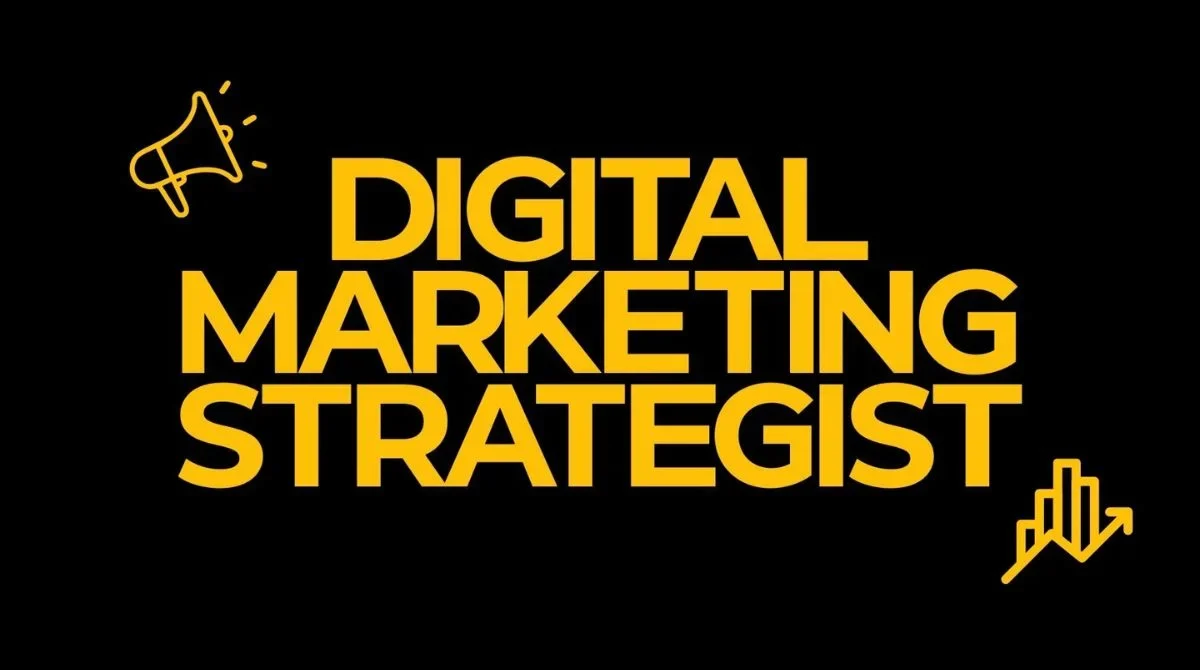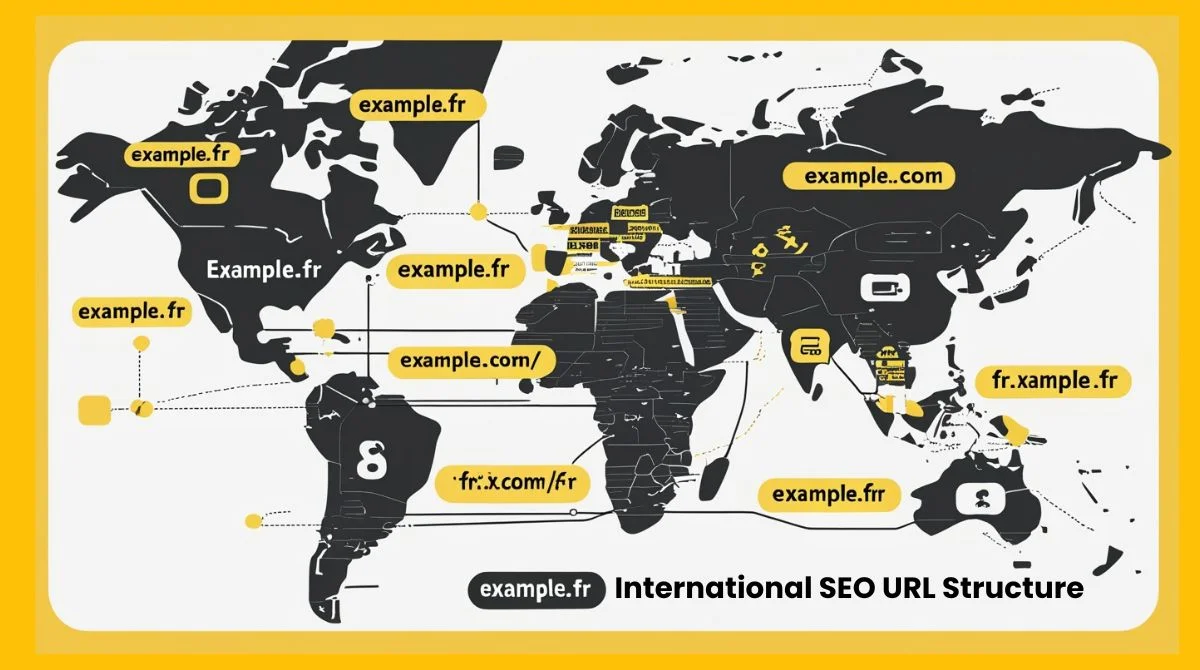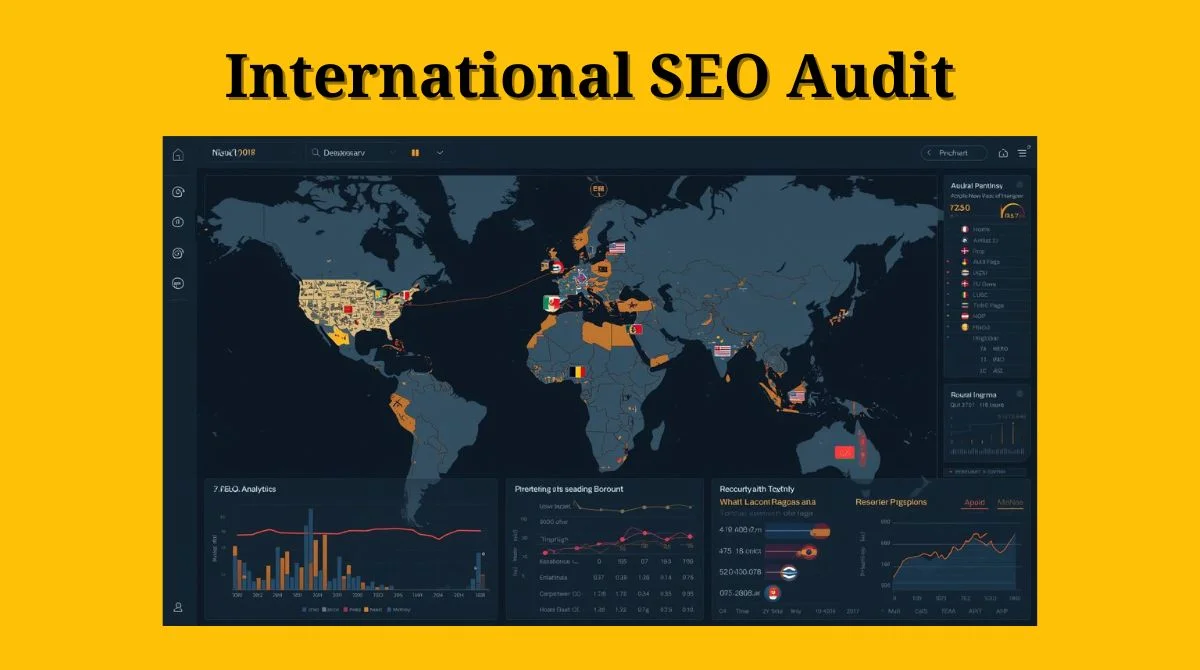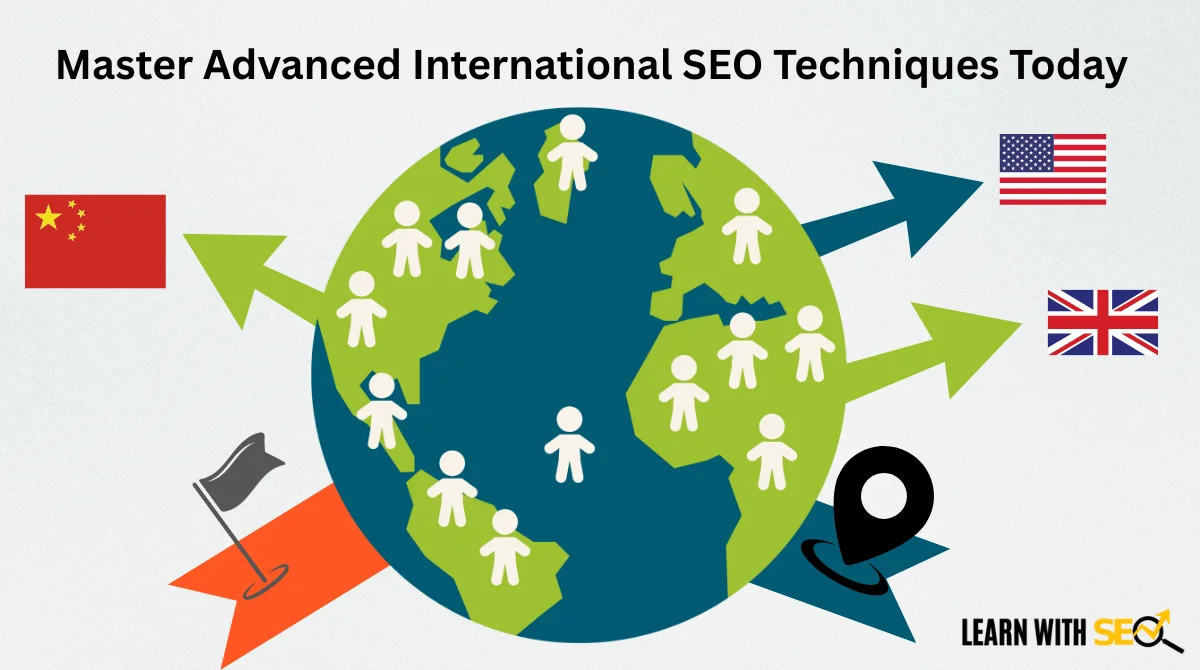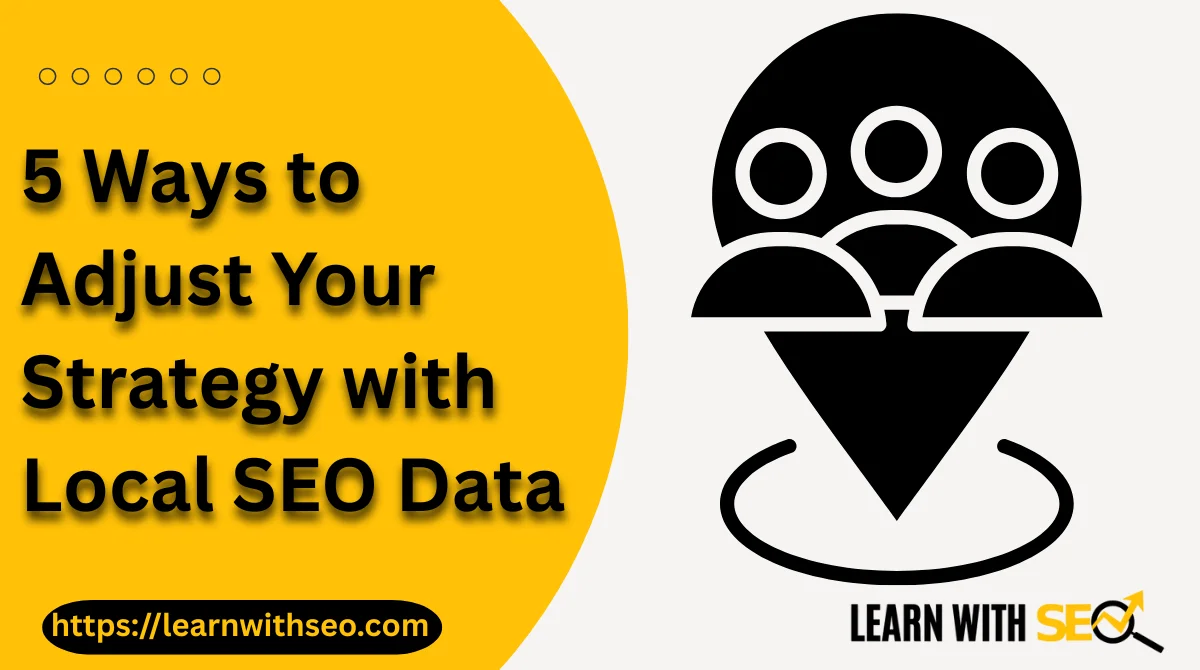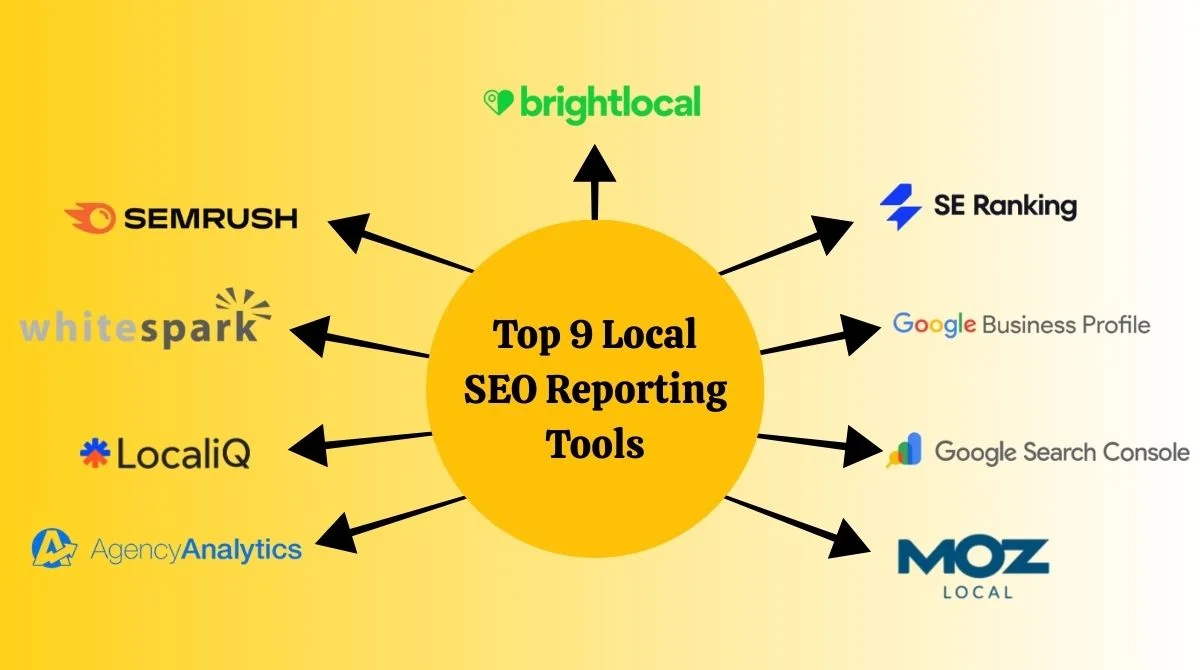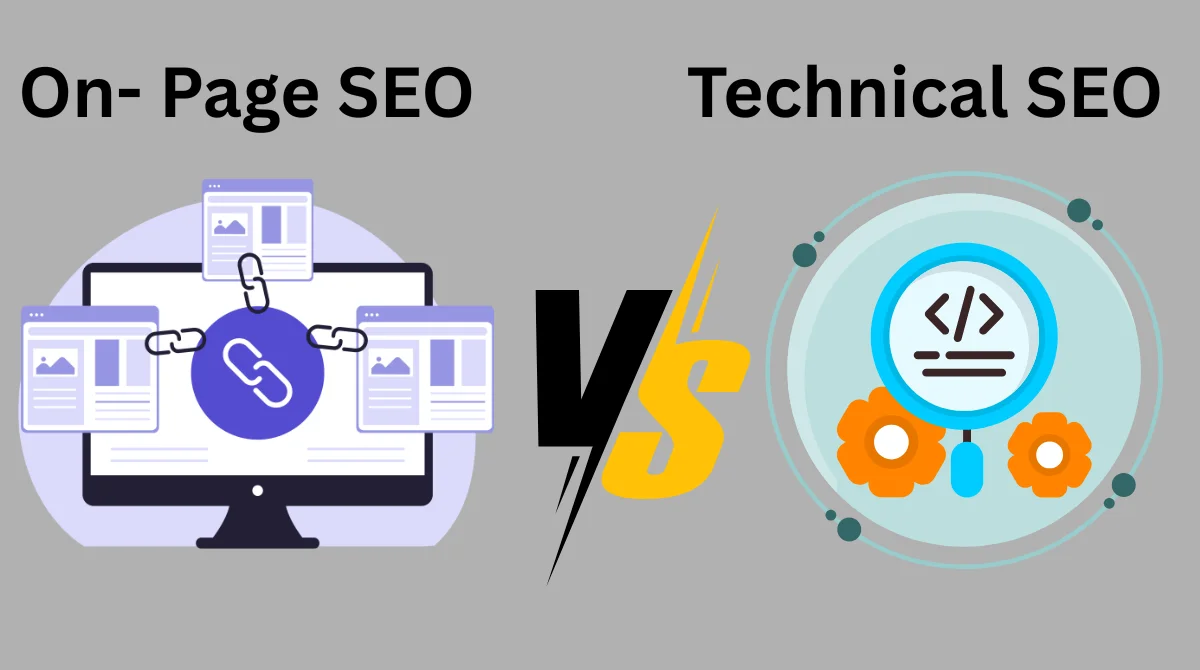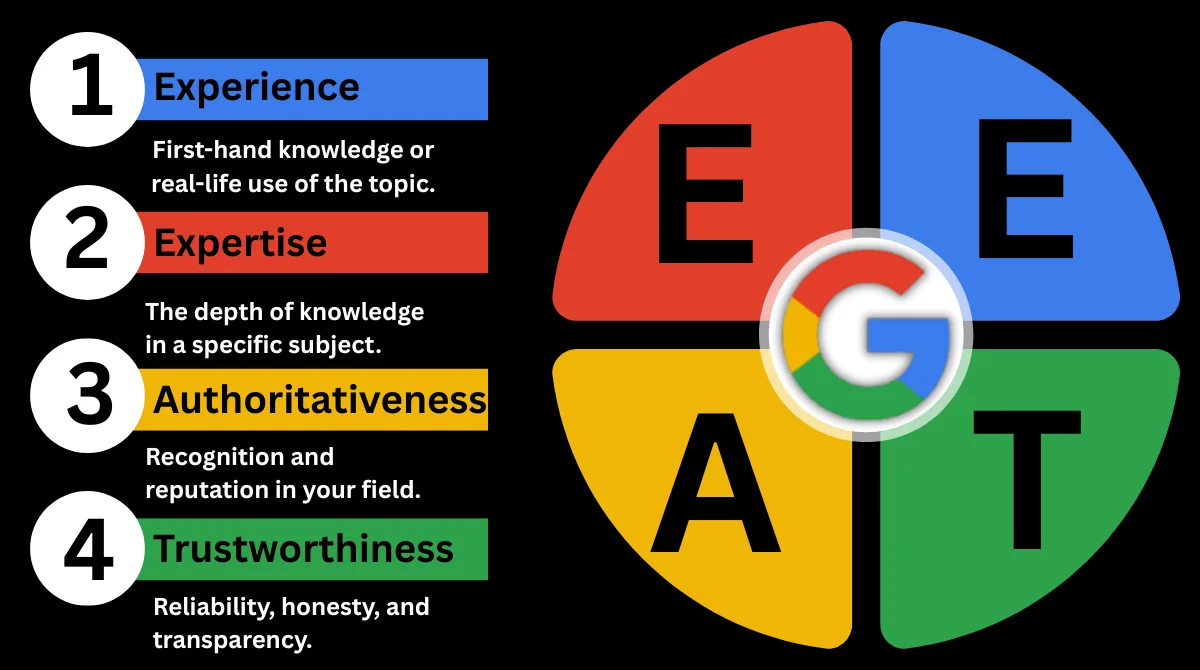- Core Technical Skills Every Digital Marketing Strategist Needs
- Emerging Skills for 2025 and Beyond
- Strategic and Soft Skills
- Content Creation and Marketing Skills
- Technical Tool Proficiency
- Industry Knowledge and Business Acumen
- How to Develop These Skills?
- The Future of Digital Marketing Strategy Skills
- Conclusion
A digital marketing strategist serves as the mastermind behind successful online campaigns. They blend creativity with data-driven insights to create marketing plans that deliver real results. But what specific skills make a strategist truly effective?
Core Technical Skills Every Digital Marketing Strategist Needs
Data Analysis and Analytics Mastery
Modern digital marketing strategists must understand data analytics tools and be able to draw meaningful insights from complex datasets. This skill helps them make informed decisions rather than relying on guesswork.
Key analytics skills include:
- Google Analytics interpretation and reporting.
- Conversion rate optimization analysis.
- Performance tracking across multiple channels.
- ROI calculation and budget allocation.
SEO and SEM Expertise
SEO and SEM serve as the core pillars of building online visibility. A skilled strategist knows how to optimize content for search engines while managing paid search campaigns effectively.
Essential SEO/SEM abilities:
- Keyword research and strategy development.
- On-page and technical SEO implementation.
- Link building and content optimization.
- PPC campaign management and bid optimization.
Social Media Strategy Development
Developing and executing social media strategies requires creating engaging content and analyzing performance across multiple platforms. Strategists must understand how different platforms work and what content performs best on each.
Social media skills encompass:
- Platform-specific content creation.
- Community management and engagement.
- Social advertising campaign optimization.
- Influencer collaboration strategies.
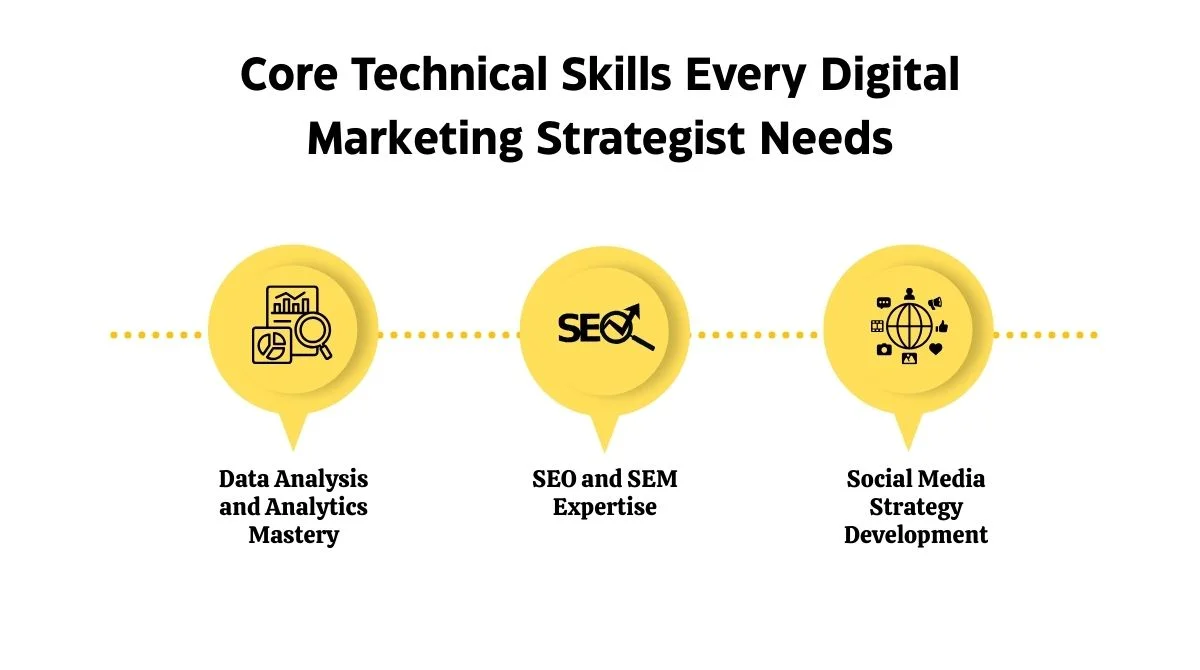
Emerging Skills for 2025 and Beyond
AI and Automation Proficiency
By 2025, digital marketing strategists need to excel in AI-driven analytics, seamless omnichannel campaign execution, and personalized experiences in real time to remain competitive. Marketers should focus on mastering AI-powered personalization using tools like ChatGPT and MidJourney to create hyper-personalized, engaging content at scale.
Critical AI skills include:
- Marketing automation platform management.
- AI-powered content creation tools.
- Predictive analytics implementation.
- Chatbot strategy and optimization.
Advanced Personalization Techniques
AI is transforming marketing by enabling real-time personalization and optimizing campaigns with predictive analytics. Strategists need to understand how to create personalized experiences at scale.
Personalization expertise involves:
- Customer journey mapping.
- Dynamic content creation.
- Behavioral targeting strategies.
- Cross-channel experience optimization.
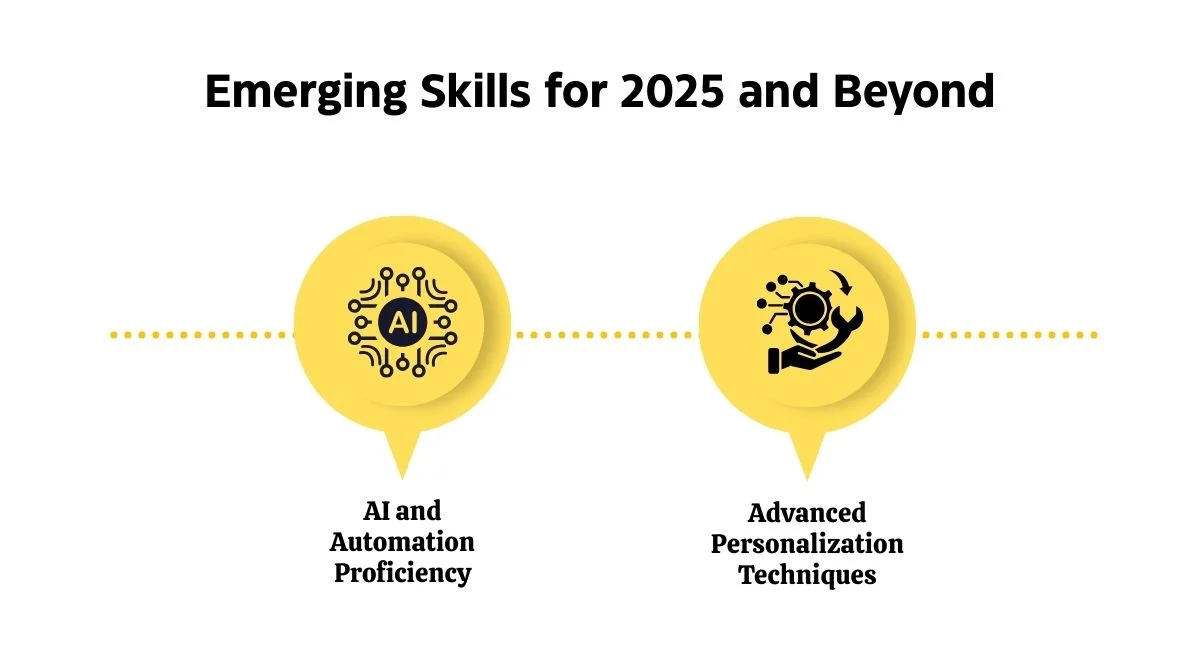
Strategic and Soft Skills
Communication and Collaboration
Communication, innovation, and adaptability remain crucial “human” skills in an age of automation. The ideal candidate combines creativity, analytical skills, and technical know-how while collaborating with cross-functional teams.
Communication skills include:
- Presenting complex data in simple terms.
- Cross-functional team coordination.
- Client relationship management.
- Strategic planning presentations.
Adaptability and Continuous Learning
Digital marketing changes rapidly. Successful strategists stay updated on algorithm changes, new platform features, and emerging trends. They adapt their strategies quickly when platforms introduce new policies or features.
Key adaptability traits:
- Keeping up with industry news and updates.
- Testing new tools and platforms.
- Adjusting campaigns based on performance data.
- Learning from both successes and failures.
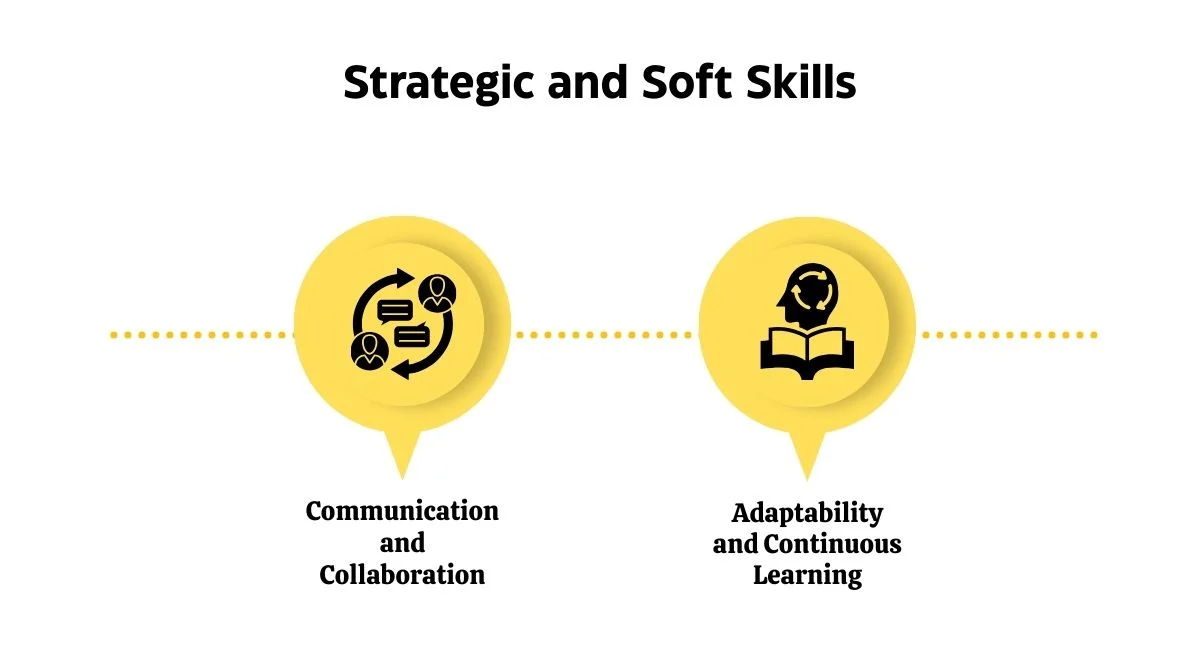
Content Creation and Marketing Skills
Content Strategy Development
Crafting compelling, SEO-friendly content that engages audiences and drives conversions across various platforms remains essential. Strategists must understand what content resonates with different audiences.
Content skills encompass:
- Blog and article writing.
- Video content planning.
- Infographic and visual content creation.
- Content calendar development and management.
Email Marketing Mastery
Email marketing continues to deliver high ROI when executed properly. Strategists need to understand automation, segmentation, and personalization within email campaigns.
Email marketing abilities:
- Automated drip campaign creation.
- List segmentation and targeting.
- A/B testing for subject lines and content.
- Performance analysis and optimization.
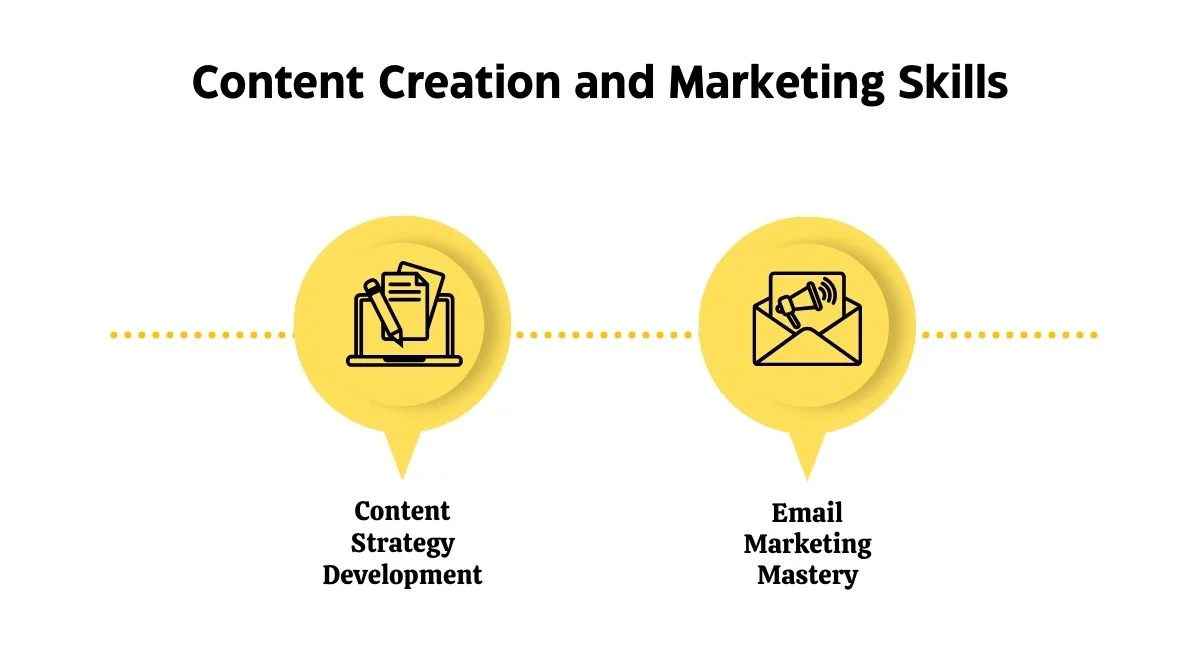
Technical Tool Proficiency
Marketing Technology Stack Management
The most valuable skills include data analytics, content creation, CRM management, social media strategy, and PPC optimization. Strategists must be comfortable using various marketing tools and platforms.
Essential tools knowledge:
- Customer Relationship Management (CRM) systems.
- Marketing automation platforms.
- Social media management tools.
- Analytics and reporting dashboards.
Project Management and Organization
Leadership abilities like project coordination and strategic planning help strategists manage multiple campaigns and teams effectively.
Project management skills:
- Campaign timeline development.
- Resource allocation and budget management.
- Team coordination and task delegation.
- Quality control and performance monitoring.
Industry Knowledge and Business Acumen
Market Research and Competitive Analysis
Understanding market trends and competitor strategies helps strategists identify opportunities and threats. This knowledge informs better strategic decisions.
Research skills include:
- Market trend analysis.
- Competitor campaign evaluation.
- Customer behavior research.
- Industry benchmark tracking.
Business Strategy Alignment
Successful strategists connect marketing activities to business objectives. They understand how marketing supports sales, revenue, and growth goals.
Business alignment involves:
- Understanding business objectives and KPIs.
- Connecting marketing metrics to business outcomes.
- Budget planning and resource allocation.
- Strategic planning and goal setting.
How to Develop These Skills?
Practical Learning Approaches
Start with hands-on experience using free tools like Google Analytics and Google Ads. Create small campaigns for personal projects or volunteer for nonprofit organizations.
Development strategies:
- Take online courses and certifications.
- Practice with real campaigns and projects.
- Join marketing communities and forums.
- Attend industry conferences and webinars.
Building a Skill Foundation
Focus on mastering one area at a time rather than trying to learn everything simultaneously. Build a strong foundation in analytics and SEO before moving to advanced topics.
Foundation building steps:
- Master Google Analytics and Search Console.
- Complete Google Ads and Facebook Ads certifications.
- Learn basic design and content creation tools.
- Practice data interpretation and reporting.
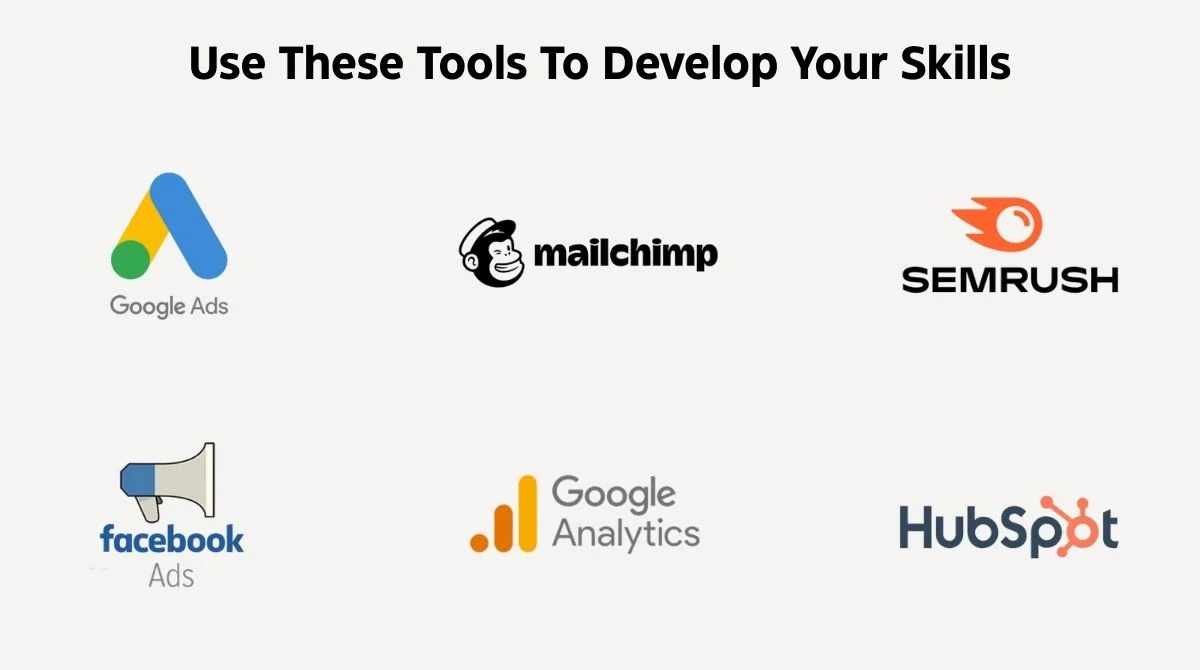
The Future of Digital Marketing Strategy Skills
Preparing for Continuous Change
The future requires new mindsets, cross-functional fluency, and strategic awareness of how automation, personalization, and AI agents reshape the marketer’s role. Strategists must prepare for ongoing evolution in their field.
Future preparation involves:
- Staying curious about new technologies.
- Developing adaptability and learning agility.
- Building strong analytical foundations.
- Maintaining focus on human-centered marketing.
Skills That Will Remain Important
While technology evolves, certain skills remain consistently valuable. Critical thinking, creativity, and strategic planning will always be important for digital marketing strategists.
Enduring skills:
- Strategic thinking and planning.
- Creative problem-solving.
- Data-driven decision making.
- Customer empathy and understanding.
Conclusion
Success as a digital marketing strategist requires blending technical expertise with creative thinking and business acumen. The most successful strategists combine analytical skills with creativity while staying adaptable to industry changes. Start with strong foundations in analytics, SEO, and content creation before exploring AI and automation. Continuous learning remains essential in this rapidly evolving field for delivering measurable results.

